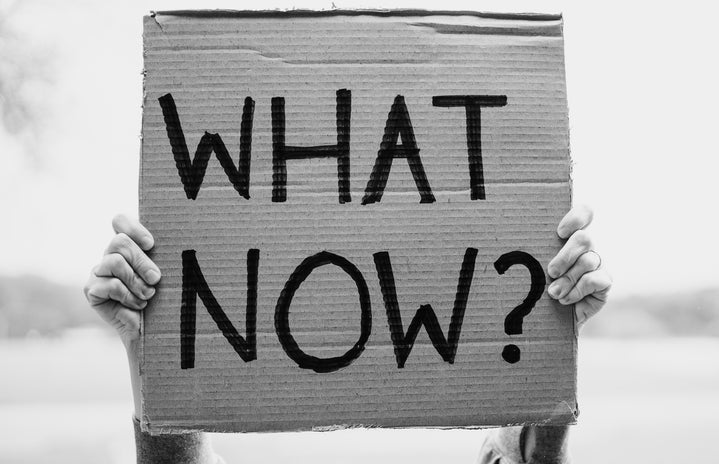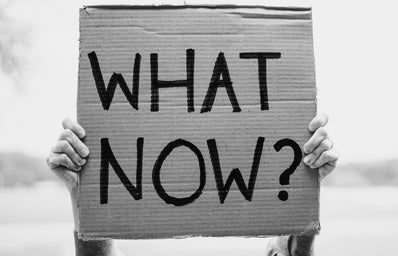Its important to recognise that not everyone is meant to be an activist.
However, we should all be working towards building a more equitable society in any way we can.
With the increasing prevalence of social media, information about different injustices has become more accessible than ever. Because of this, we can get involved in amplifying these issues and working towards solutions in ways that weren’t possible even just a decade ago- but posting about it on social media is just one way to do this.
In some cases, simply amplifying an issue can be extremely useful. The #endsars protests that have happened in Nigeria for most of this month may not have gained as much international attention and donation if people didn’t share infographics on their stories. However, our activism cannot end with a mindless re-share.
I think a big factor that separates a performative post on your Instagram story from a purposeful post on your Instagram story is intention. Why are you sharing this to your followers? Is it to amplify an issue? To reassure your friends that you aren’t indifferent to the suffering going on in their home-country? To let your Black co-worker know that you’re not racist? Asking yourself why you’re sharing this post in the first place (and making sure that your main reasons don’t include trying to make yourself look a certain way to certain people) is always a good place to start.
Its always important to be a critical consumer, but when it comes to signing petitions/ trying to sanction politicians, its even more important. Making sure you know what you’re sharing on your feed (instead of just sharing it because everyone else seems to) is critical. An example I often think back to is this past June, when social media decided to black out in support of Black Lives Matter. The challenge was to post a black square on your feed, under the hashtag “BLM.” However, as we quickly realised, all this ended up doing is drowning out the useful resources about BLM with millions of black squares- definitely not the most helpful way to protest against systemic racism. Thankfully, most of the hashtags to these posts were replaced with the less problematic “Blackout Tuesday,” making resources about the BLM movement more accessible again. To be clear, the issue with this isn’t the fact that people wanted to support the BLM movement; the lack of critical thought that went into deciding to partake in this challenge is what ended up doing more harm than good.
Finally, make sure your activism doesn’t end with just a post on your story. Donate money or time to local organisations, have conversations about these issues with the people in your life, show up for the people in your community who are affected by these issues, listen to/ read about the experiences of these people, use your skills to meet peoples’ needs, go to a local protest. These are just a few ways to be a purposeful activist.



